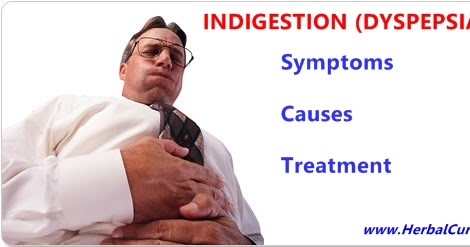
Some causes of indigestion can be avoided. However, if symptoms are severe and persist for more than a few days, you should see a healthcare provider. Among the common symptoms of indigestion are black stool, abdominal pain, shortness of breath, and blood in the vomit. If you are experiencing any of these symptoms, you can treat indigestion with over-the-counter or prescription medications. Antacids, also called H2 blockers, neutralize stomach acids and are an effective treatment. Sodium bicarbonate (Alka-Seltzer, Mylanta, and Tums) is also a good choice for treating indigestion.
Changing your diet can reduce the intensity and frequency of your indigestion. Avoid eating spicy or greasy foods, as they can affect the acidic environment in the stomach. Fatty foods take longer to digest, and should be avoided at all costs. Alcohol is also a bad idea, as it relaxes the lower oesophageal sphincter, which can lead to excess production of stomach acid.
The best treatment for indigestion is diet modification. Try to avoid food types that cause the discomfort. Many spicy foods can change the acidic environment in the stomach and make it more difficult for the body to digest them. Another way to reduce the frequency and severity of indigestion is by reducing your intake of fatty and spicy foods. Additionally, try to reduce your consumption of dairy products, which are typically high in fat. Finally, avoid alcohol as it relaxes the lower oesophageal sphincter and results in more acid in the stomach.
If you suspect that you have a gastrointestinal ulcer, you may need to consult your doctor. If the ulcer is a result of stress, you may need to take a medication that blocks the formation of stomach acid. If you suspect that you have indigestion caused by a bacterial infection, you may need antibiotics. Other preventative measures include changing your diet and eating habits, getting more sleep, and reducing stress.
Symptoms of indigestion can be aggravated over time. You should consult a doctor if you notice any of these symptoms. Other signs of indigestion include blood in the stool, unintentional weight loss, difficulty swallowing, or an inability to eat due to poor appetite. Your doctor may repeat tests for indigestion to measure its effectiveness. These tests may be repeated several times, as they may not produce a significant improvement after treatment.
In some cases, indigestion is a symptom of another medical condition. If you notice that your symptoms are related to a specific medical condition, it's important to see your doctor right away. It is very important to avoid any digestive disorders as this can lead to further complications. If a stomach ulcer occurs, seek medical attention and visit the site as soon as possible ihealzy.com. Otherwise, the symptoms may disappear on their own.
Some people suffer from chronic indigestion. Symptoms may persist for days or even weeks. This condition is easily treated by changing the diet. Changing your diet can also help reduce the symptoms of indigestion. By eliminating foods from your diet, you can improve the quality of your life. In some cases, simple lifestyle changes can improve the condition. It can help reduce anxiety and pain.
Changing your diet can also ease indigestion. You usually need to eliminate foods that cause indigestion symptoms. For starters, try to avoid fatty and oily foods. Citrus fruits and vegetables should be avoided as they contain a high concentration of acid. Increasing your intake of water-soluble vitamins can also help you reduce indigestion. Apart from this, you should also try to reduce your stress levels.
The cause of indigestion is not always known. If you have a stomach ulcer, it can be treated with acid-blocking drugs. If the ulcer is caused by an infection, it can be treated with antibiotics. There are other methods to prevent indigestion. Changing your diet can help prevent a flare-up. You can also reduce your stress levels and get more rest. This will help you reduce indigestion and make eating easier.